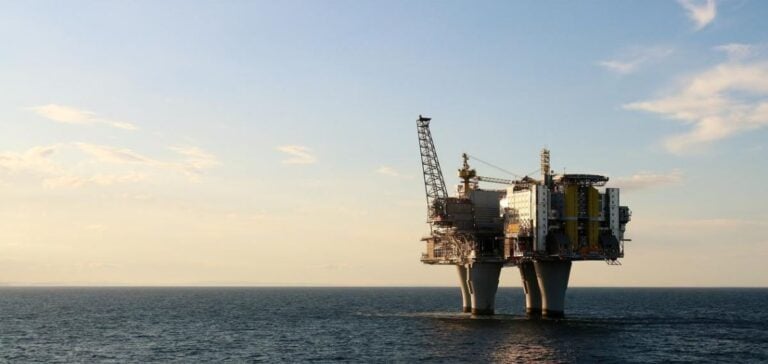According to Wood Mackenzie’s “Norway Emissions Assessment” report, substituting Norwegian hydrocarbons with European imports would result in a significant increase in CO2 emissions.
Analyses show that between 2024 and 2040, this substitution could add 230 million tonnes of CO2 equivalent to the atmosphere.
This is due to the higher carbon intensity of imported hydrocarbons compared to those produced in Norway. Norway, Europe’s largest hydrocarbon producer, exports over 90% of its production to Europe.
However, the region remains a net importer.
The carbon intensity of imported hydrocarbons, particularly oil and gas, is respectively three and six times higher than that of Norwegian hydrocarbons.
These differences are due to long transport distances and less stringent environmental standards in other producing countries.
Operational Standard and Energy Transition
The hydrocarbons produced in Norway benefit from very strict operational standards, including massive electrification of operations thanks to hydroelectricity and rigorous management of methane emissions.
This approach enables us to maintain an extremely low carbon intensity, an essential asset in the current context of energy transition in Europe.
Despite an anticipated decline in demand for hydrocarbons, they are still expected to account for over 50% of the European energy mix in 2040.
The low carbon impact of Norwegian hydrocarbons makes them a crucial factor in supporting this transition, while limiting the overall ecological footprint.
Implications for European energy policy
The implications of Wood Mackenzie’s report are significant for European policymakers.
A reduction in Norwegian hydrocarbon production, without a low-carbon alternative, could jeopardize the continent’s efforts to reduce emissions.
Consequently, substitution strategies will need to be carefully evaluated to avoid a negative environmental impact.
Maintaining high production standards is essential to minimizing CO2 emissions in Europe.
The report highlights the importance of Norwegian hydrocarbons in this context, which, thanks to their low carbon intensity, represent a transitional solution for meeting Europe’s energy needs while respecting climate objectives.
Europe’s energy transition requires that the environmental impact of each source of supply be taken into account.
Norway, with its low-carbon production capacities, will continue to play a strategic role in meeting these challenges.






















